Young People Seize the Mic as the UN Sounds the Alarm on Fossil Fuels
Youth Lead the Charge as SG calls for a Clean Energy Age
As the UN Secretary-General declares the fossil fuel age “flailing and failing,” young people across the globe are taking matters into their own hands.
In more than 45 countries, youth gathered today, simultaneously and in solidarity, to respond to a bold call: accelerate the clean energy transition or risk losing the future. These events, led by Resident Coordinators and Country Teams, mark a powerful bottom-up moment as young people connect the Secretary-General’s climate ambition speech to their local struggles for energy justice, economic dignity, and a liveable planet.
The momentum began in South Africa. At a youth dialogue in Johannesburg, Zaheer Sooliman from the Global African Model UN Agency asked the question many around the world have quietly carried:
“Many young people feel overwhelmed by the threat of climate change and fear it may already be too late. As UN Secretary-General, what gives you hope that our generation still has a fighting chance to change the future?”
Speaking from UN headquarters, the Secretary-General acknowledged that past generations had missed critical opportunities, but said hope lies in the present momentum. “I think it is true that my generation has largely failed, we came too late in relation to what would be necessary. But fortunately, things have evolved very quickly from the point of view of science and from the point of view of the economy. So even if we neglected to take advantage of our chances in my generation, I think that the instruments are now created in order for that just transition to take place,” he said.
He noted with confidence that the younger generation would lead where others had fallen short. “I trust that the new generations will accelerate and consolidate a new way for human beings to live in harmony with nature,” he said.
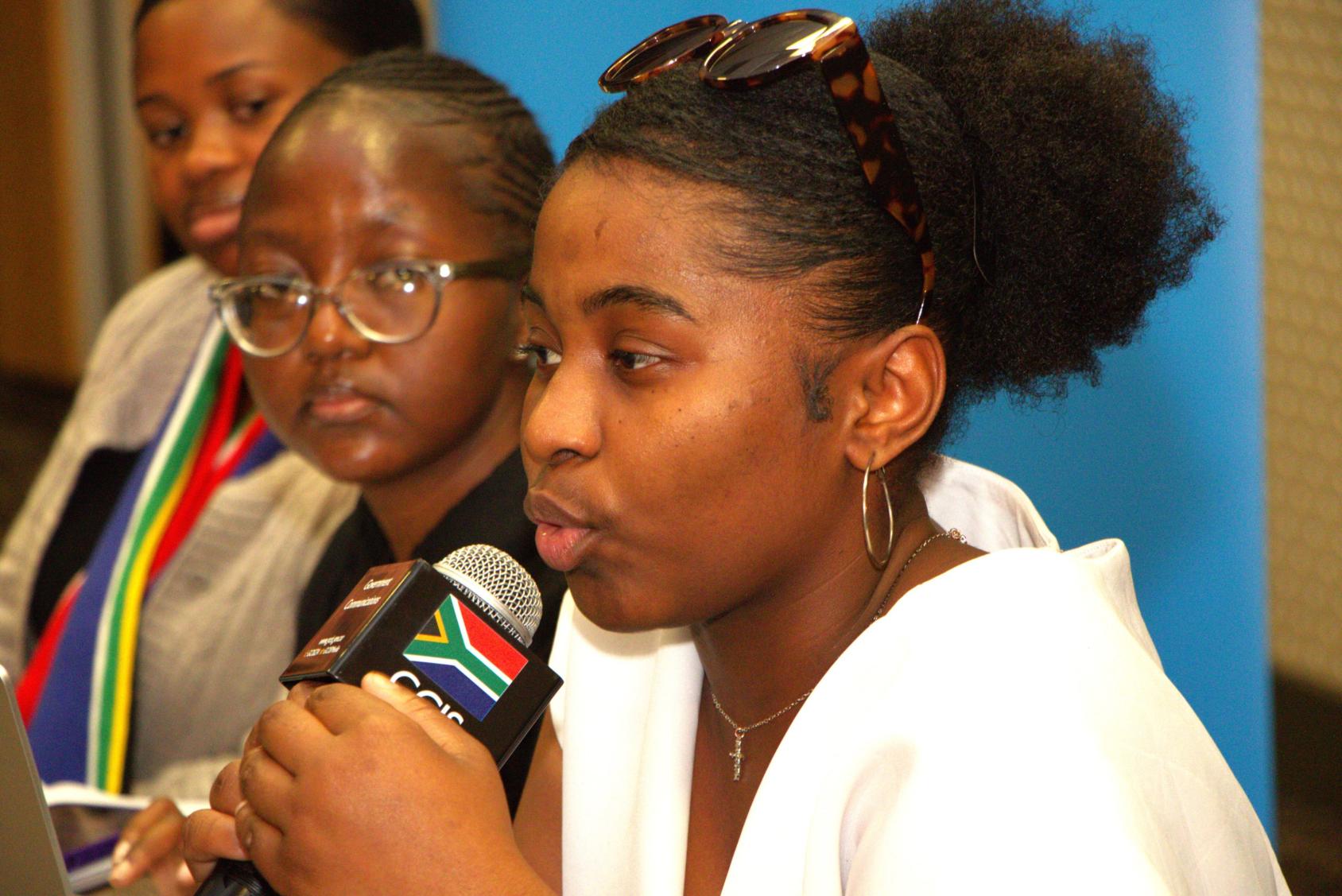
From Central America to the Caribbean: Regional youth drive energy justice
In Central America, a cross-border youth watch party brought together participants from Guatemala, El Salvador, Honduras, Costa Rica, and Panama. Their joint question addressed both inclusion and reform:
“As young people from Central America, how can we contribute to accelerating a just energy transition in rural and Indigenous communities while also advocating for reforms to the international financing system?”
Resident Coordinators from the region, who responded directly to their youth constituencies, highlighted ongoing UN-backed efforts to channel development finance toward community energy access. UN representatives highlighted ongoing efforts to support rural and Indigenous populations through integrated energy planning, development financing, and capacity-building initiatives. For example, in El Salvador, more than 80 per cent of electricity is now generated from low-carbon sources. With support from the UN and other development partners, the country is significantly strengthening its energy mix and access and has laid a solid foundation for a more sustainable future.
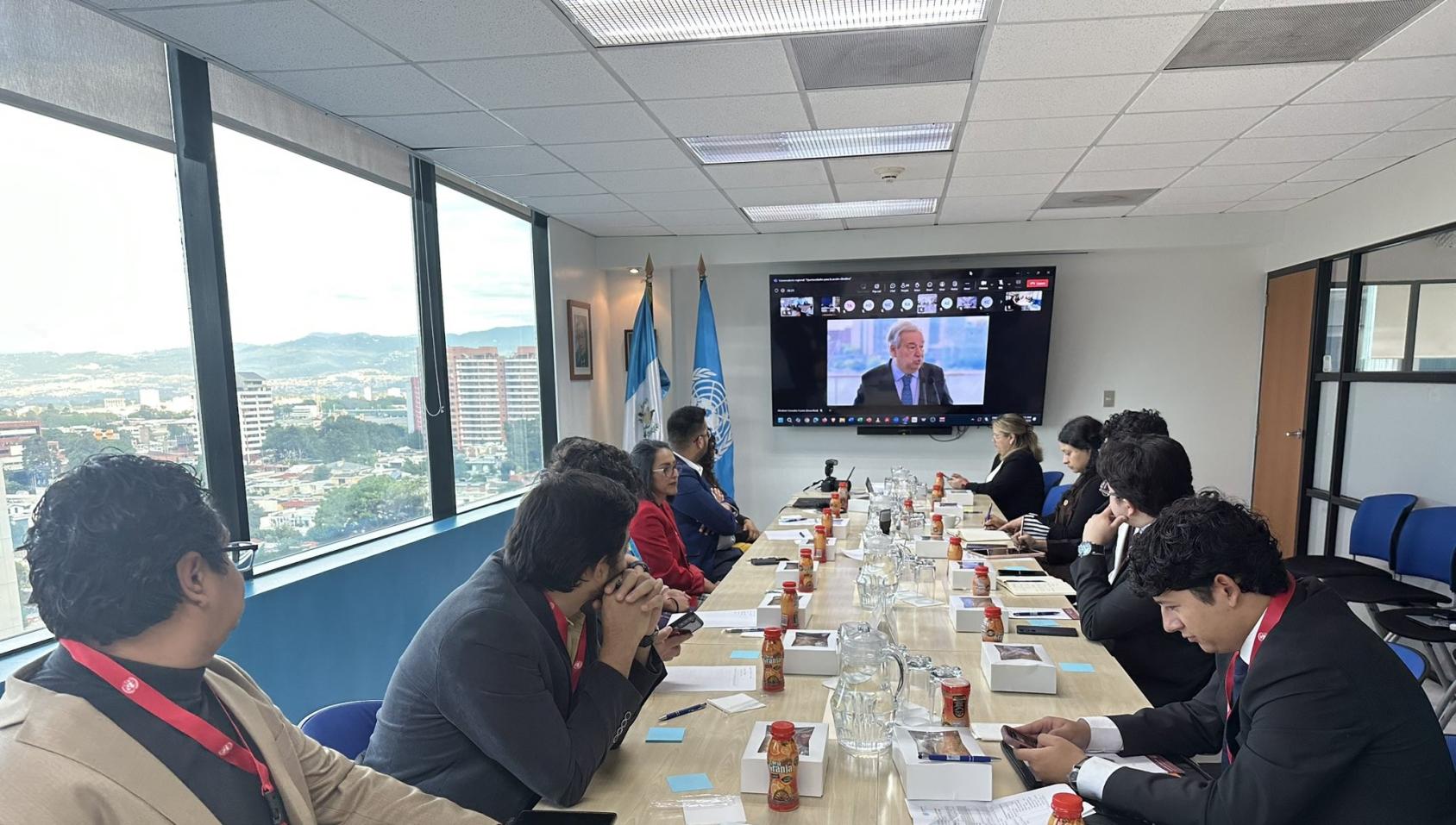
Daril Avila, a youth activist in Belize, brought forward a Small Island Developing States (SIDS) perspective:
“With the growing urgency to transition to renewable energy in SIDS, how can young people leverage innovation to drive sustainable solutions and create green jobs?”
“The leadership of young people in Central America and the Caribbean is more vital than ever. Their questions reflect a deep understanding of what a transition toward a new energy era must deliver—climate justice, economic opportunity, and energy access for those who need it most,” emphasized the Resident Coordinator for El Salvador and Belize Raúl Salazar.
“In Belize, UN-supported initiatives such as the solarization of WASH services and the creation of digital connectivity hubs in rural areas demonstrate how clean energy can meet essential human needs. The country is also advancing climate finance through bold steps like the Blue Bond, which, through partnerships between the government, local communities, and civil society, is on track to protect 30 per cent of its territorial waters by 2026.
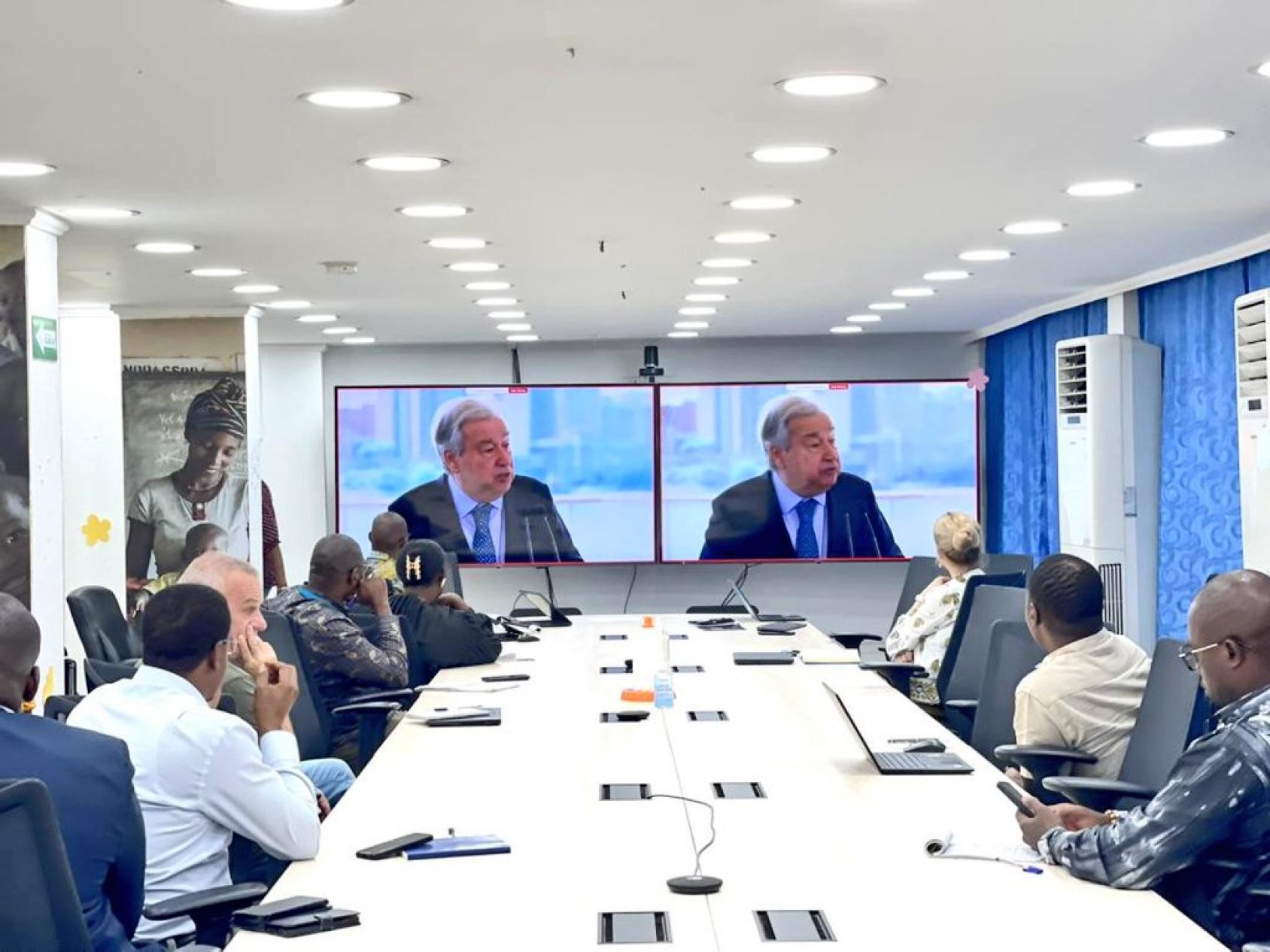
In Guinea, where rural electrification stands at just 25 per cent, youth raised concerns about financing access for clean energy in a country where over $3 billion is needed to achieve universal energy access. The Resident Coordinator in Guinea, Kristèle Younès, responded with both realism and determination. “Young people are already shaping our clean energy agenda. Access to energy is a national priority—and youth are at the heart of demanding and supporting that transformation,” she said. Through sustained consultations with youth and UN entities like UNDP (UN Development Programme), UNICEF (UN Children's Fund) and UNOWAS (UN Office for West Africa and the Sahel), Guinea’s UN Country Team has framed energy access as both a development and peacebuilding imperative. Guinea’s efforts reflect a deeply rooted environmental awareness across the African continent, aptly captured by a traditional proverb that guides our actions: ‘We do not inherit the Earth from our ancestors, we borrow it from our children,’ she added.
In India, the UN Country Team, led by the Resident Coordinator Shombi Sharp and the UN agencies working on climate action, hosted a dynamic event bringing together youth activists, climate action groups, think tanks and the private sector. The watch party was followed by a high-level panel discussion linking the Secretary-General’s global ambitions to local examples of innovation and leadership. Panelists and audience members alike stressed the need for investment in public awareness and education so that young people in particular have the tools and the inspiration to effect lasting changes in their own communities.
One audience member, Manan Singh, a youth activist who works with UNEP India underlined the scale of what is needed to change mindsets. “We’re not just setting climate goals – we're setting a new normal,” he said. Hina Saifi, a climate fellow with UNICEF, focused on the importance of ensuring rural youth can adopt clean energy solutions. “This is not a project – it's a daily need,” she said.
Joint SDG Fund: From dialogue to delivery
Across all regions, the Joint SDG Fund is translating global climate ambition into tangible local progress, steered by UN Resident Coordinators and aligned with national development priorities.
In North Macedonia, the Green Finance Facility, anchored by the UN Country Team, mobilized $46 million from banks, international partners, and government to help small businesses and vulnerable households invest in energy efficiency.
In Uruguay, the Renewable Energy Innovation Fund has helped make clean energy upgrades affordable for businesses by reducing financial risk for local banks. With support from the UN and partnerships with seven major banks (representing 80 per-cent of the country’s banking sector), the Joint SDG Fund unlocked over $8 million for renewable energy projects, enabling investments in solar panels, electric vehicles, and energy-saving infrastructure that were previously out of reach.
At the same time, Indonesia is taking sustainable finance to scale. Through a UN-backed programme using green and social bonds, including Green Sukuk and Blue Bonds, the country mobilized $4.6 billion to support environmental and social programmes. These investments have led to real improvements: millions of students now learn in safer schools, coastal communities are protected by restored mangroves, and small enterprises can access capital for the first time.
In Madagascar, the Joint SDG Fund supports start-ups and Small and Medium Enterprises through the Integrated Financing of Sustainable Energy programme to accelerate renewable innovation.
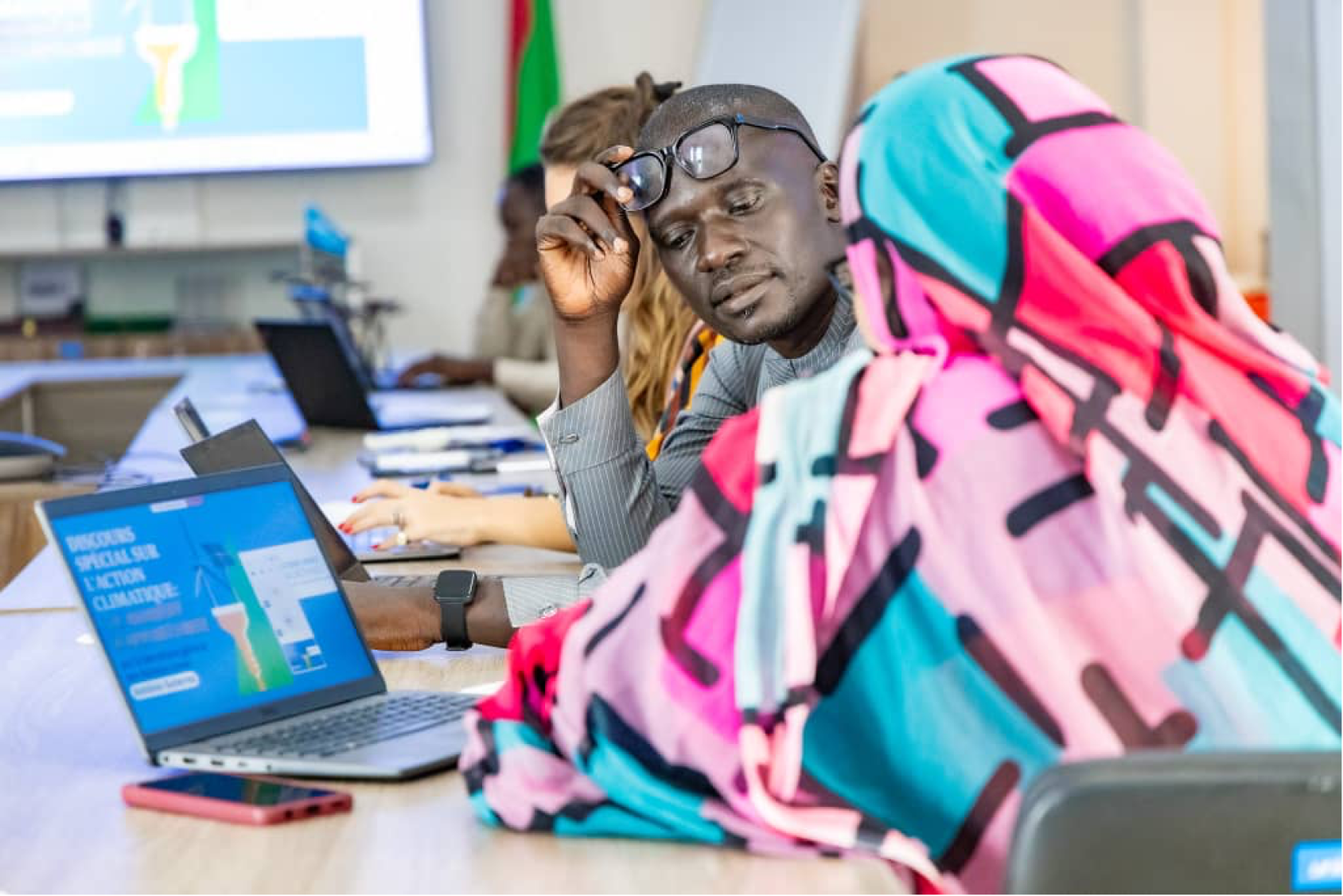
A collective call for action
As the Secretary-General declared, “We are in the dawn of a new energy era… But it won’t happen on its own. Not fast enough. Not fair enough. It is up to us.”
This global moment, anchored in youth leadership and grounded in UN Country Team coordination, is turning ambition into action. Whether in Guinea’s rural communities, Central America’s Indigenous regions, or North Macedonia’s small businesses, young people are shaping the future now.
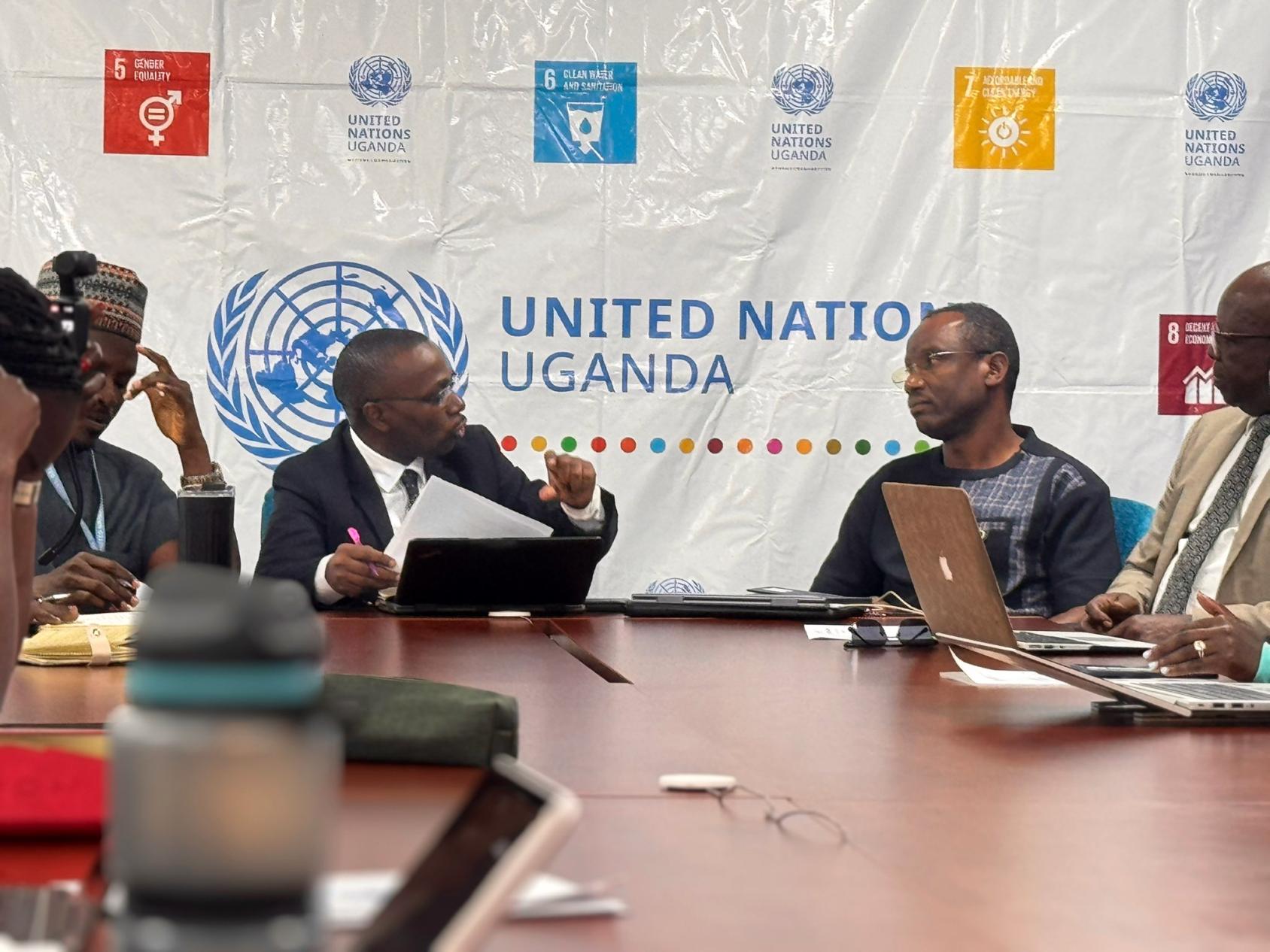
For more on the Secretary-General's special address on climate change, read an update from UN News here and watch his full address here.













